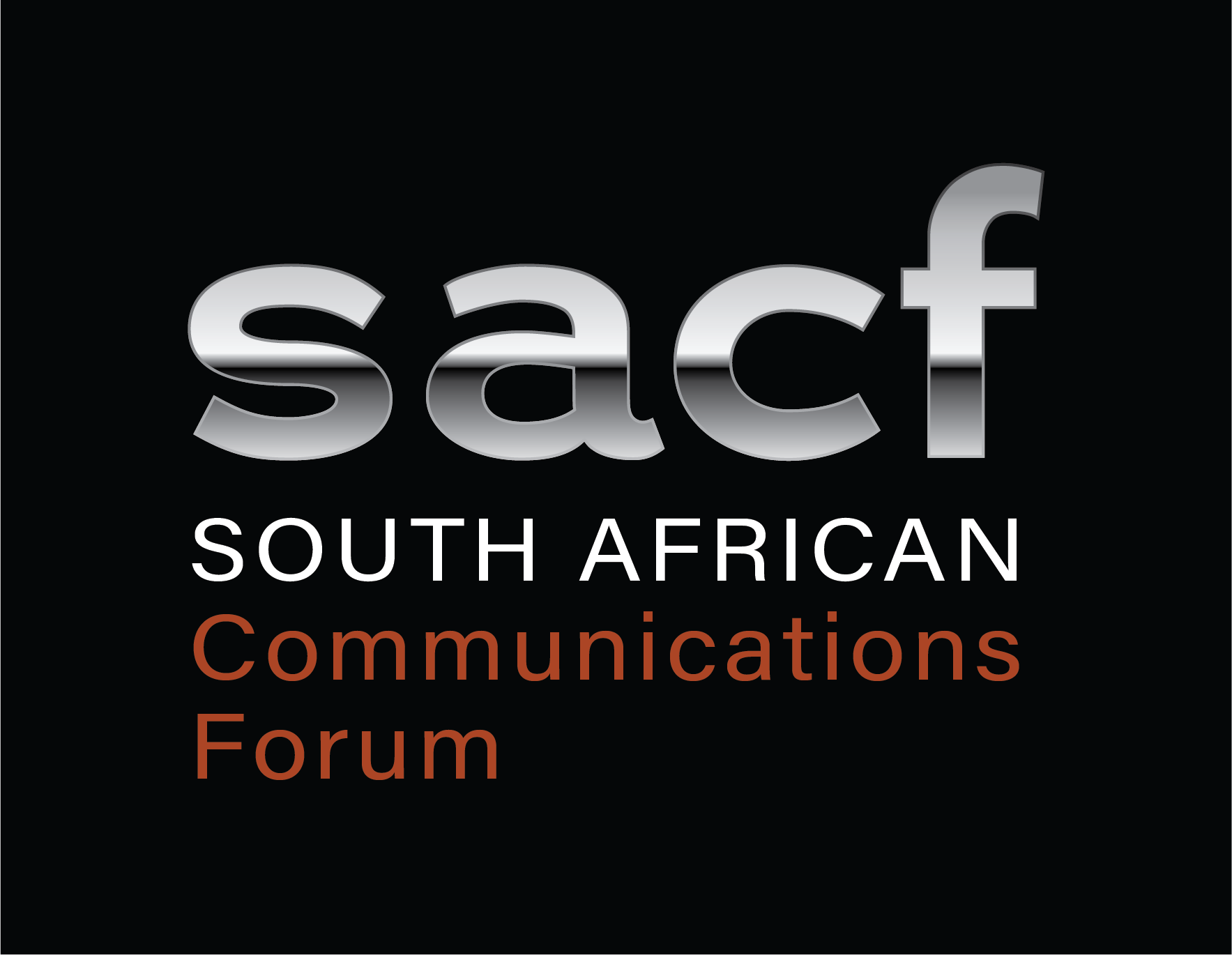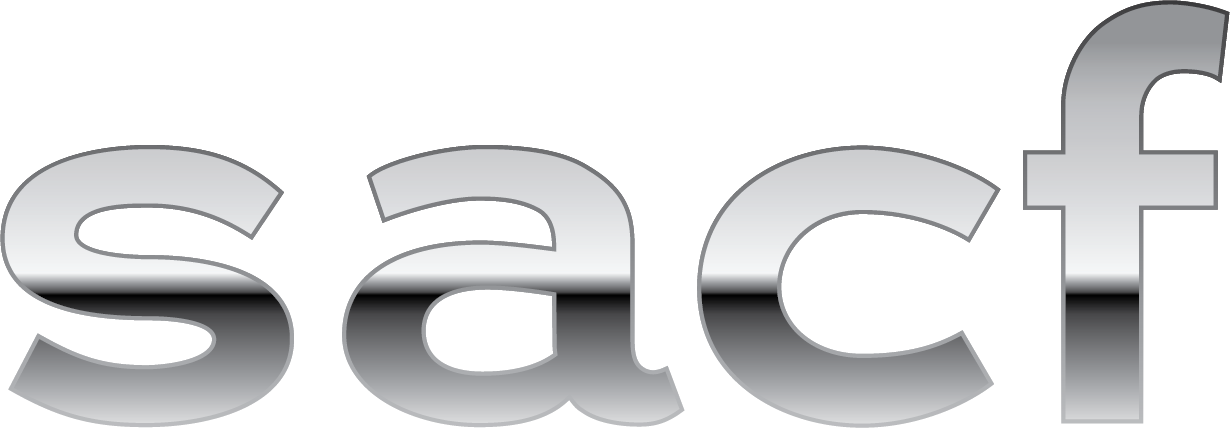It is essential that any policy is forward looking and strikes a balance between protecting current and historic investment while promoting investment in new technologies. …
SACF Written Comments on the Draft Data and Cloud Policy, Electronic Communications Act 2005 (Act No. 36 of 2005)
Introduction
The South Africa Communications Forum NPC (SACF) welcomes this opportunity to submit written comments on the Proposed National Data and Cloud Policy (Draft Policy) and express our appreciation to the Ministry of Digital Communications and Digital Technologies for the inclusive public process to input on the Draft Policy. The South African Communications Forum is a member funded industry association that brings together the public sector, private sector and civil society organisations with a goal of building partnership in bridging the digital divide and creating an information society. The SACF’s core role is advocacy – advancing common member positions that contribute to the strengthening and growth of an inclusive and transformed sector. The SACF has historically engaged in public consultative processes on ICT policy, legislation and regulations – contributing industry positions informed by practical considerations and information held by members in the communications sector.
Context
On 1 April 2021, the Minister for Communications and Digital Technologies published the Draft National Data and Cloud Policy, inviting written submissions on or before 1 June 2021). The Draft Policy is contextualised against the opportunities presented by the Fourth Industrial Revolution (4IR) and the need to realise the benefits of the digital economy. According to the proposed Policy, the adoption of strategies and interventions to exploit opportunities presented by data and cloud computing are needed to enable the development of various applications, services and technologies.
There is a broad recognition in the document that initial ICT policy and regulation did not appreciate the potential of data in the digital economy whilst recent policies (and strategies) and regulatory frameworks (for privacy and cybersecurity) have a better appreciation of the range of regulatory considerations.
The Draft Policy assesses that a policy to guide “localised data acquisition, ownership, storage, use and analytics” is lacking presenting a “threat to both national security and social and economic growth”.
The rationale for the Draft Policy as explained, is to strengthen the capacity of the State to deliver services to its citizens, ensure informed policy development in the context of data analytics, promote data sovereignty and the security of data.
It is against this context and with reference to the provisions of the Draft Policy, that the SACF makes the submissions below.
GENERAL SUBMISSIONS
Broadly, the SACF’s mandate to contribute to the strengthening and growth of an inclusive and transformed communications sector toward an inclusive information society – aligns with the context of the Draft Policy.
The SACF expresses its general support for:
- interventions at the policy and regulatory level that expand the digital economy and respond to the growing data and cloud computing opportunities in South Africa;
- developments of small, medium and micro-enterprises (SMMEs) in the context of opportunities in the digital economy; and
- research, innovation and human capital development objectives of the Draft Policy.
Specifically, the SACF aligns with the stated objective of the Draft Policy to deliver the advantages of data and cloud opportunities to the ecosystem partners, whilst driving openness and protecting citizens, customers and partners.
The SACF Members express however fundamental concerns with:
- the effects of the Draft Policy on digital firms and the ability of such firms to participate in and/or foster South Africa’s digital economy and the potential for investment as we have seen in the recent past with our members that are local and multinational firms,
- the policy and regulatory coherence of the Policy in the context of the existing digital policy and regulatory landscape in South Africa,
- the levels of institutional coordination and cohesiveness in the recommendations for changes to institutional mandates and regulatory authorities, and
- the lack of clarity on the consultation and operationalisation processes associated with the Draft Policy.
SPECIFIC SUBMISSIONS AND RECOMMENDATIONS
The policy is detailed and a substantial document and with extensive indications of concerns with various proposals in respect of the cloud policy and protection of data, however, it does not clearly articulate the problem to be cured which makes meaningful commentary in this regard challenging.
The SACF supports balanced and proportionate policy and regulation toward the realisation of the social and economic benefits of an open, interconnected Internet, underpinned by free-flowing data.
It is our Recommendation that the Draft Policy would benefit from:
- A contextual capture of the outcomes of research conducted by DCDT or third- party institutions that informs the policy and regulatory interventions in the Draft Policy. This would enable industry (including the communications industry) to evaluate the substantive bases on which the Policy interventions rely, and
- Specific narrative on the outcomes of research on the economic and socio- economic impacts of the broad recommendations in the Draft Policy. These should include the basis for the data ownership propositions in the Draft Policy and the motivations for the policy proposals on domestic residency and localisation of data.
- In a 4IR context, technologies such as cloud computing, blockchain, artificial intelligence and machine learning broadly viewed as the drivers of future economic growth have a critical dependency on the free flow of data across borders. We seek clarity and confirmation on the insights available in support of data localisation in South Africa whilst pursuing accelerated uptake of such technologies? Given that the digital economy places emphasis on ensuring the free flow of data, we seek clarity on the Ministry’s assessment of the risks:
latest submissions
-
-
It is essential that any policy is forward looking and strikes a balance between protecting current and historic investment while promoting investment in new technologies. …
by Deidre -
Type approval has been a significant bottle neck which has caused significant delays which may in part be attributed to the manual processing and has …
by Deidre -
According to the proposed Policy, the adoption of strategies and interventions to exploit opportunities presented by data and cloud computing are needed to enable the …
by Deidre -
The SACF welcomes the opportunity to comment on the section 4B Inquiry into the Role of the Authority in respect of Cybersecurity.
by Deidre -
The SACF welcomes the opportunity to comment on the Draft Code for Persons with Disabilities Regulations (the Draft Code) for further comments as published in …
by Deidre
Lorem ipsum dolor sit amet, consectetur adipiscing elit. Ut elit tellus, luctus nec ullamcorper mattis, pulvinar dapibus leo.
CONTACT US
- The Work Space, 63 Bram Fischer Drive Robindale, Randburg, Johannesburg
- Phone: (+27) 11 0860 673
- Email: info@sacomforum.org.za



